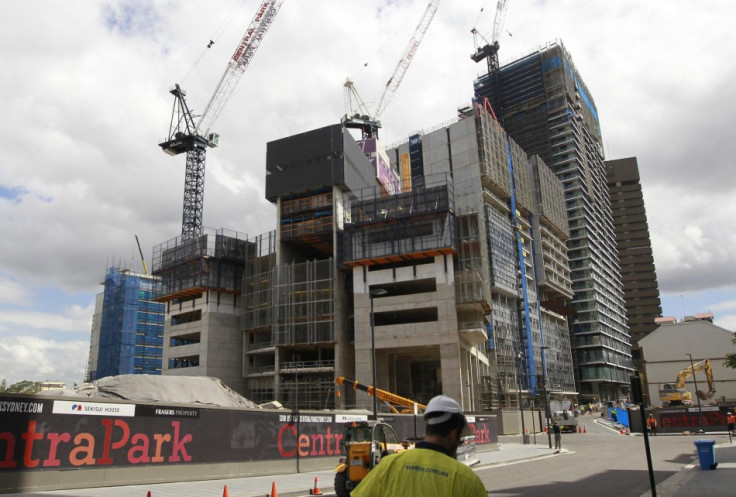Australian Jobs Rise at Record Rate Denting Policy Easing Hopes
The RBA may not look to cut interest rates in the near future

Australian labour market has made a robust rebound in February, adding most jobs in over a decade, denting chances of an immediate rate cut decision from the Reserve Bank of Australia.
According to the Australian Bureau of Statistics (ABS), the country added 71,500 jobs during the month, the biggest jump since 2000 while unemployment rate held steady at 5.4 percent. Full time employment was up 53,700 while part-time jobs rose 17,800.
"While the labour force survey is very volatile, the trend is now clearly improving," George Tharenou, a senior economist in Sydney at UBS AG was quoted by Bloomberg.
"Overall, the stronger labour market data is consistent with our non-consensus view that the RBA cash rate has troughed".
The improved conditions indicate that the RBA's decision to slash interest rate by 1.75 percentage points in about 17 months has been beneficial to the economy.
But it has also prompted speculations that the central bank may not look to cut interest rates in the near future after holding steady at 3 percent for the second straight month in March.
This was reflected in the currency markets as the Australian dollar gained to $1.04 from $1.03 before the data release. The strength of the local currency has been a major cause of concern for the country.
Yields on the government's two-year bonds climbed 3.1 percent from 2.9 percent while those of 10-year bonds rose to 3.7 percent from 3.6 percent.
Inflation Expectations
Meanwhile, Australia's consumer inflation expectations rose 2.3 percent in March from the 2.2 percent recorded in the previous month, according to a survey from the Melbourne Institute.
The rate is within RBA's target range of 2-3 percent and is not expected to be a point of concern for the central bank in considering rate cuts.
The survey also showed that pay growth in the country over the 12 months ending March 2013 rose to 4.1 percent while the expected pay growth gained 3 percent.
"The recent upticks in both inflationary expectations and wage expectations likely reflect slowly improving activity in Australia," said Dr. Viet Nguyen, a Research Fellow at the Melbourne Institute, in a statement accompanying the survey results.
"Given current modest inflationary expectations, it is highly likely that the RBA will not tighten monetary policy until activity exhibits stronger momentum".
© Copyright IBTimes 2025. All rights reserved.





















